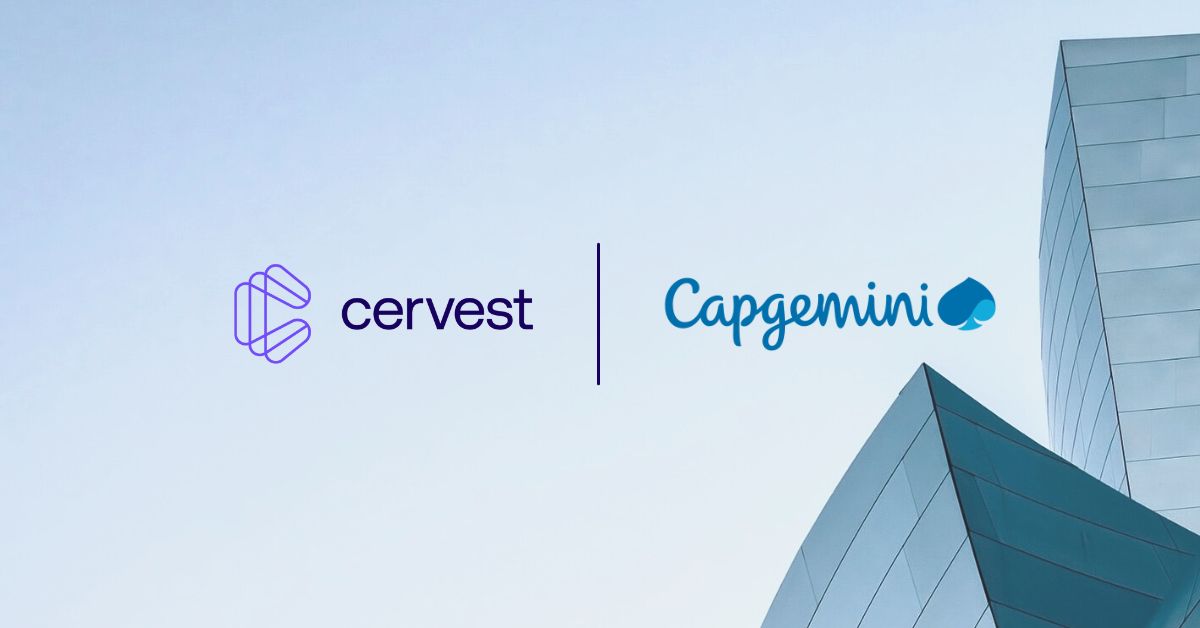Climate Intelligence pioneers: Dr. Aoibheann Brady

In celebration of the International Day of Women and Girls in Science, we’ve interviewed some of Cervest’s pioneering women climate scientists about what inspires them, why they chose their specialist field, and how they overcame any challenges they’ve faced in their careers.
In this article, we’re talking to Senior Statistical Scientist Dr. Aoibheann Brady about using science to influence policy, being inspired by her mother, and the ongoing underrepresentation of women and minority groups in STEM-related subjects.
Hi Aoibheann. Could you please introduce yourself and tell us about what you do at Cervest?
My name is Aoibheann Brady, I'm a Senior statistical scientist developing models that feed the signals used in Cervest’s flagship product, EarthScan™.
I'm particularly interested in understanding how environmental exposures vary in space and time, and how we can use our understanding of spatial proximity to inform and enhance Cervest’s modeling of climate hazard exposure risk.
Why did you decide to pursue a career in climate science?
I spent the first year of my PhD completing my Master of Research degree (MRes). This allowed me to undertake different projects and develop ideas for a PhD. During this time, I completed a project on spatio-temporal statistical modeling of air pollution. Both the application and the underpinning methodology really fascinated me, and I’ve pursued environmental statistics projects ever since.
But while I find this area really interesting, it is frustrating when your research has little impact on policy. That’s one of the reasons I’m so excited to be working at Cervest. I believe our approach to Climate Intelligence will be a real driver of policy change. I'm also quite fortunate to be in a role that blends my personal interests (climate change) and my work interests (statistics) so perfectly!
Which people and role models inspired you to follow this path?
I've been genuinely lucky to have had excellent female role models throughout my life. My mother strongly encouraged me and my sisters to take subjects like biology and chemistry at school, as she felt like she had missed out by dropping those subjects.
The head of my department during my undergraduate degree was incredibly encouraging of young female academics and set up various initiatives to support us. My primary PhD supervisor, Dr. Ilaria Prosdocimi, has already managed to be a superstar both in academia and in industry at a young age, while also supporting those of us who hope to follow her. She also helped foster my interest and capabilities in environmental statistics. Having worked in statistical modeling for hydrology herself, she had a million different research ideas for the area!
I'm incredibly grateful to them and the amazing female researchers I've had the chance to know and collaborate with.
What did you study at university? What did you like most about this subject?
I completed an undergraduate degree in mathematics, then an MRes in statistical applied mathematics. I obtained a PhD in statistics, where I examined statistical attribution of long-term drivers of climate change, with a particular focus on river flows.
I love the variety and scope of challenges in environmental statistics, and in particular how to represent a physical environmental process accurately through statistical modeling.
What do you think are some of the challenges women face working in climate science? How have you overcome these obstacles in your own career?
One of the biggest challenges is feeling like you don't see yourself, or someone else like you, in your research area. Underrepresentation of women and many minority groups in STEM fields is incredibly frustrating, and the progress over time often feels like it's happening at a glacial pace.
I'm not sure we'll fully overcome these obstacles in my lifetime, but by actively participating in Diversity, Equity and Inclusion (DEI) initiatives and recruitment I'm hoping to serve as a role model and encourage more young women to join Cervest and the climate science field as a whole.
What’s the one piece of advice you would give to women and girls thinking about going into climate science?
We're not the only ones suffering from imposter syndrome. We're just far more likely to admit it. My Confidence Matters has found that 75% of people regularly experience imposter syndrome in their career, and this occurs regardless of gender. Yet, it seems that while women are more willing to discuss this feeling openly, there may be more of a cultural pressure on men to not admit it.
It may be hard to convince yourself that you're amazing, but if you can convince yourself that we're all struggling to convince ourselves too, you feel much less alone in it!
To stay up-to-date with the latest Cervest news and insights, sign up for our newsletter here.
Share this article
Our latest news and insights

Capgemini to embed Cervest climate intelligence into climate transition, adaptation and sustainability strategies for their clients
Read more
What is climate intelligence and why do businesses and governments need it?
Read more